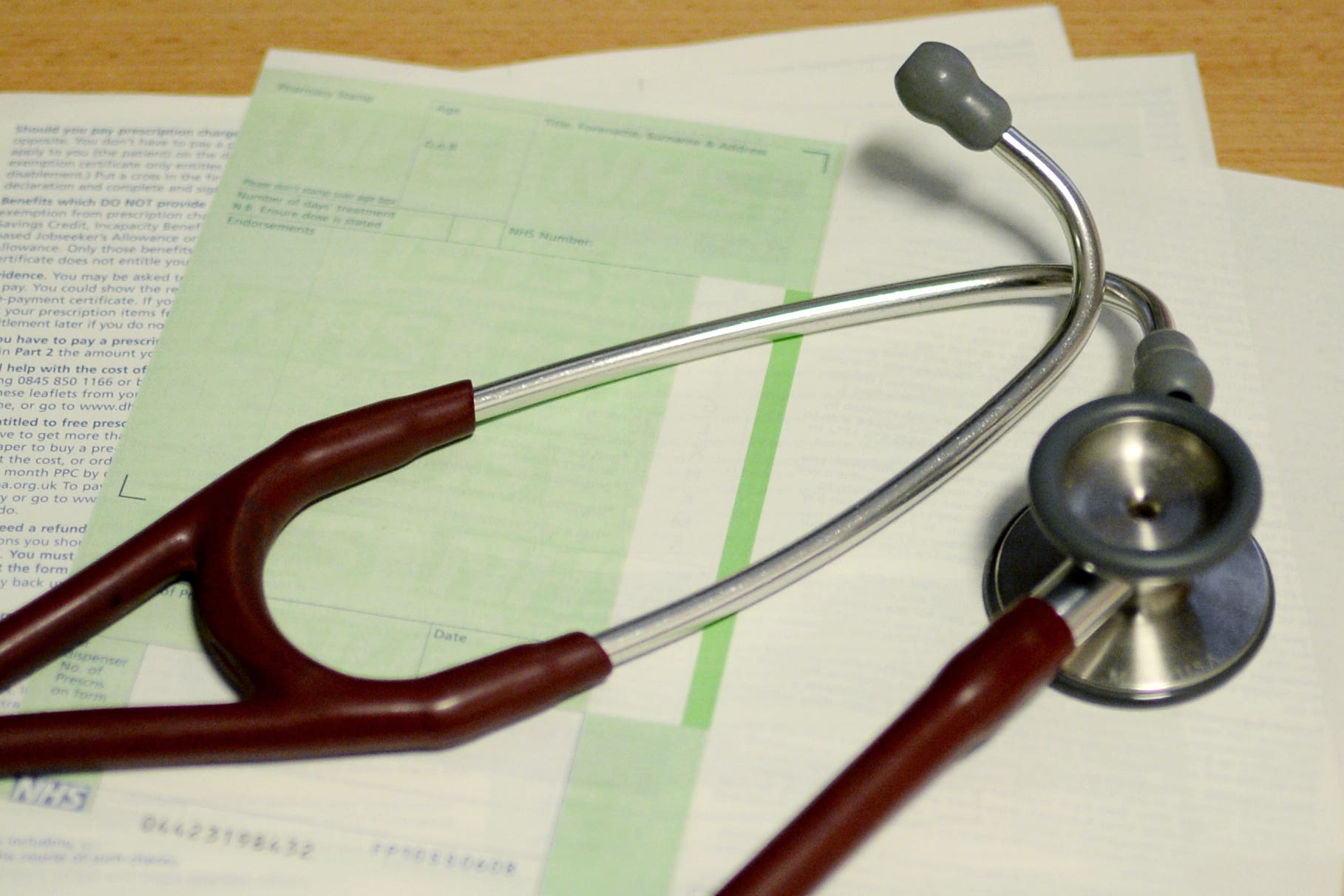Physician associates being used as ‘substitutes’ for doctors – academic
Professor Martin McKee said there appears to be a ‘powerful ideological pressure’ to expand the roles across the NHS.

Your support helps us to tell the story
From reproductive rights to climate change to Big Tech, The Independent is on the ground when the story is developing. Whether it's investigating the financials of Elon Musk's pro-Trump PAC or producing our latest documentary, 'The A Word', which shines a light on the American women fighting for reproductive rights, we know how important it is to parse out the facts from the messaging.
At such a critical moment in US history, we need reporters on the ground. Your donation allows us to keep sending journalists to speak to both sides of the story.
The Independent is trusted by Americans across the entire political spectrum. And unlike many other quality news outlets, we choose not to lock Americans out of our reporting and analysis with paywalls. We believe quality journalism should be available to everyone, paid for by those who can afford it.
Your support makes all the difference.Physician associates have “become substitutes” for doctors in many hospitals and GP surgeries, a leading academic has said.
Professor Martin McKee said there appears to be a “powerful ideological pressure” to expand the roles across the NHS.
Writing a commentary piece in the Journal of the Royal Society of Medicine, he warned that “growing concerns about patient safety have been ignored”, though the situation “may now be changing”.
Leading medics, including the Royal College of GPs and the British Medical Association, have called for a halt to the recruitment of physician associates (PAs) while concerns about the roles are addressed.
The contractual and funding arrangements that have been established to promote the expansion of PA numbers, including salaries much higher than newly graduated doctors, reflect a powerful ideological pressure to expand their roles
Prof McKee, from the Faculty of Public Health and Policy, London School of Hygiene and Tropical Medicine, highlighted measures which have been designed to increase the medical workforce in the UK, including the introduction of physician associates, the expansion of medical school places and proposals to “shorten and simplify the medical degree”.
He added: “But changing the medical curriculum will take time, so politicians need a quick fix.
“The answer is to create a new group of workers, physician associates.
“Conceived as health workers who can assist doctors, in many hospitals and primary care facilities they have become substitutes for them.
“They offer a means by which those living in places where it has been impossible to retain doctors can get some basic care.
“Although required to have a degree to enter training, in reality this can be in anything, including homeopathy or the humanities.
“There are many examples on social media of job descriptions and other documents that imply that their two-year training is equivalent to a medical degree. Growing concerns about patient safety have been ignored.
“This situation may now be changing following growing awareness among both doctors and the public of problems, mostly about patient safety, but also illegal prescribing, unclear accountability and damage to specialist training.
Physician associates have an important role to play but should always work with doctors, not replace them, and receive the appropriate level of supervision by healthcare organisations
“However, the contractual and funding arrangements that have been established to promote the expansion of PA numbers, including salaries much higher than newly graduated doctors, reflect a powerful ideological pressure to expand their roles.”
The concerns were published in an article titled The Sovietisation of British medicine.
Prof McKee argued that “certain developments in contemporary Britain that affect the medical profession have worrying parallels in Soviet history”.
An NHS England spokesperson said: “There should never be any circumstance where physician associates are replacing doctors.
“The NHS has always been clear that physician associates are not a substitute for doctors, and we welcome the consultation recently carried out by the General Medical Council on the rules, standards and guidance for their regulation.
“The NHS has also recently issued guidance on the appropriate deployment of these roles, which makes it clear that physician associates should provide support and perform tasks under the supervision of doctors.”
A Department of Health and Social Care spokesperson said: “Physician associates have an important role to play but should always work with doctors, not replace them, and receive the appropriate level of supervision by healthcare organisations.
“As we fix the NHS, we will end the workforce crisis and deliver the NHS long-term workforce plan, so patients are always cared for by the right, qualified healthcare professional.”